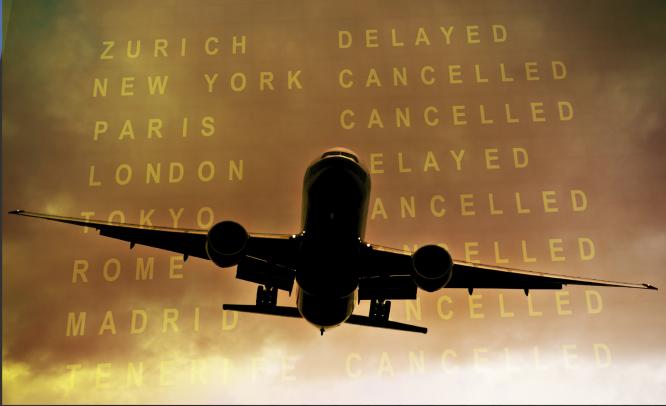Can lead to cancellations of flights, long traffic delays
January 27, 2016: The blizzard that passed through the East Coast this weekend was one of the largest recorded in history in terms of snow accumulation. MarketResearch.com is pleased to offer insights into how extreme weather can affect the overall economy.
The following is a list of four ways the economy is impacted by extreme weather.
1. Closures and delays
Extreme rain, snow, fog, and wind can all contribute to airport closures. This past weekend, more than 8,600 flights were canceled from Friday through Sunday due to the storm. It is also very common to witness long traffic delays during extreme weather storms. In central Kentucky, some drivers were stranded along a 35-mile stretch of Interstate 75 for more than 19 hours this weekend. Even New York City suspended its city bus service on Saturday. In the next five years, snow plow industry revenue growth will largely be determined by national weather patterns, as colder winters with higher levels of winter precipitation are beneficial to industry operators.
2. Increased retail sales in preparation for storm
Extreme weather warnings can arouse fear in consumers, prompting them to rush to stock their homes with items such as bottled water, nonperishable food, flashlights and batteries, and firewood. Many also make pit stops to fill up their gas tanks. While this trend is very common before the storm, it only has a temporary effect on consumer behavior.
3. “Big-Ticket” purchases to prepare and reduce risk
Due to the impact of storms, many consumers make large purchases both before and after the storm hits. Stores that sell snow blowers, small plows, and snow chains experience a lift in sales both before and after storms as consumers prepare for current and future weather changes.
Similarly, insurance companies see a spike in homeowner policies during the aftermath of extreme weather conditions as people worry about “what if” scenarios.
4. Reliance on the media
The general population normally relies heavily on the media during extreme weather conditions to determine the length of the storm and know how much preparation they really need. Because of this, attention turns to meteorologists, who rely on forecasting systems for information.

